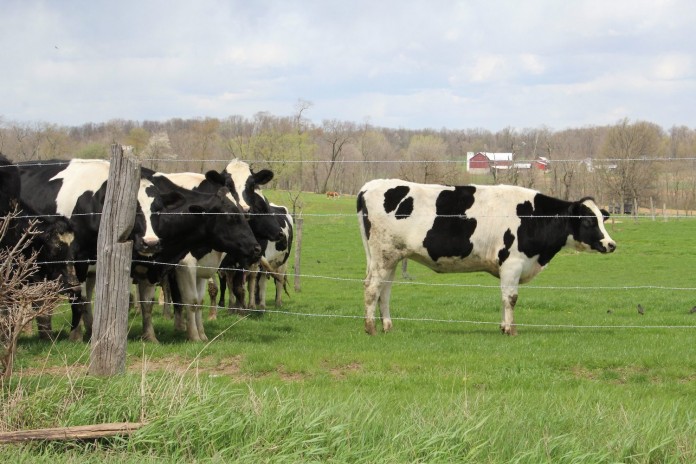In Rocky Mountain National Park, an excessive amount of nitrogen is causing various changes in the park’s ecosystem. NPR explains that an algae bloom in one of the mountain lakes and invasive weeds are growing in meadows, choking out native plants.
One of the reasons for the elevated nitrogen levels can be traced back to eastern Colorado’s farms. Oil and gas operations, vehicles and other industrial activities also produce nitrogen.
On dairy farms, ammonia is formed from cow urine. Ammonia, which is a gas, contains nitrogen. Usually the wind carries the nitrogen to the east, but sometimes it pushes it west toward the mountains. The nitrogen is spread to the National Park through rain or snow, giving invasive plants a foothold.
To combat this nitrogen problem, park officials have created an alert system that will notify farmers when the wind is blowing west. That way, farmers can put conservation practices in place to limit the amount of nitrogen that gets in the air.
Via: NPR > It’s Raining Nitrogen In A Colorado Park. Farmers Can Help Make It Stop










